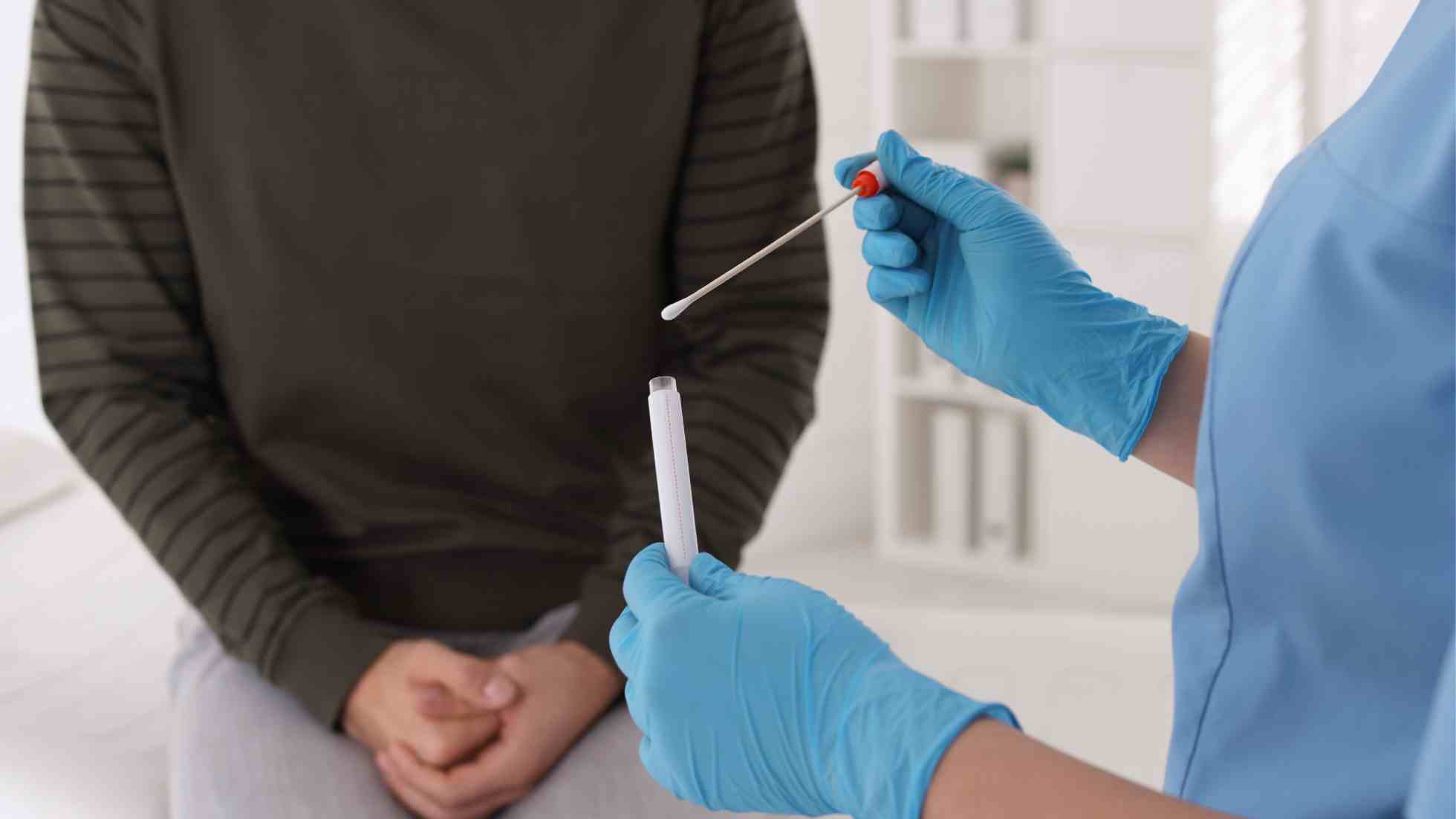
Sexually transmitted diseases (STDs) pose a significant risk to individuals’ sexual health and overall well-being. At RuminaCare, we are committed to promoting awareness and providing preventive measures to safeguard against STD transmission. Let’s delve into common STDs and effective prevention strategies:
Common Sexually Transmitted Diseases:
1. Chlamydia: Caused by the bacterium Chlamydia trachomatis, chlamydia is one of the most common bacterial STDs worldwide. It can infect the genitals, rectum, and throat, often presenting with symptoms such as genital discharge, pain during urination, and pelvic pain.
2. Gonorrhea: Another bacterial STD, gonorrhea, is caused by Neisseria gonorrhoeae. Similar to chlamydia, gonorrhea can affect the genitals, rectum, and throat. Symptoms may include genital discharge, painful urination, and pelvic discomfort.
3. Syphilis: Syphilis is a bacterial infection caused by Treponema pallidum. It progresses through multiple stages and can manifest with various symptoms, including painless sores (chancre), skin rashes, and systemic complications if left untreated.
4. Herpes: Herpes simplex virus (HSV) is responsible for genital herpes, a chronic viral infection characterized by painful sores or blisters in the genital area. While antiviral medications can help manage outbreaks, herpes is not curable.
5. Human Papillomavirus (HPV): HPV is a common viral infection transmitted through sexual contact. Certain strains of HPV can cause genital warts, while others are associated with cervical cancer and other genital cancers.

Prevention Strategies:
1. Practice Safe Sex: consistent and correct use of barrier methods such as condoms, dental dams during vaginal, oral or anal sex can significantly reduce the risk of transmission of STDs. Couples should ensure that a new condom is used each time when changing the region of penetration. Also note that; Barrier methods do not protect one from diseases transmitted via skin contact but it can reduce the risk.
2. Limit Sexual Partners: Limiting the number of sexual partners and engaging in mutually monogamous relationships can lower the risk of exposure to STDs.
3. Toy Hygiene: If you use sex toys, it’s best not to share them.. Sharing of sexual toys increases the risk of transmission of STDs. If one must share, it’s best to wash them properly or use protective coverings such as condoms before use.
4.Get Tested Regularly: Routine STD testing is crucial, especially for individuals who are sexually active or have multiple partners. Testing allows for early detection and treatment of STDs, reducing the risk of complications and transmission to others.
5. Vaccination: Vaccines are available to prevent certain STDs, such as HPV. The HPV vaccine is recommended for adolescents and young adults to protect against HPV-related cancers and genital warts.
6. Open Communication: Honest and open communication with sexual partners about STDs, testing history, and safer sex practices is essential for maintaining sexual health and preventing transmission.
At RuminaCare, we offer comprehensive sexual health services, including STD testing, counseling, and preventive education. Our goal is to empower individuals to take proactive steps towards protecting their sexual health and well-being.
Take control of your sexual health today. Schedule a virtual consultation with RuminaCare and prioritize your well-being.
Contact us to schedule your confidential virtual consultation and learn more about our sexual health services. Our compassionate team is here to support you in maintaining optimal sexual health and well-being.